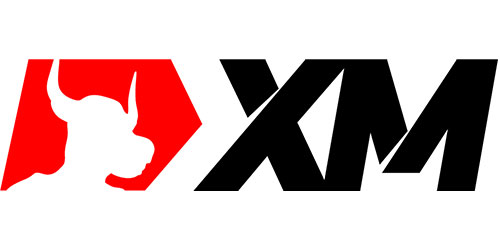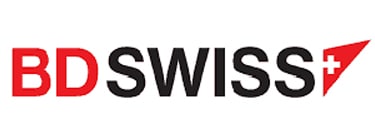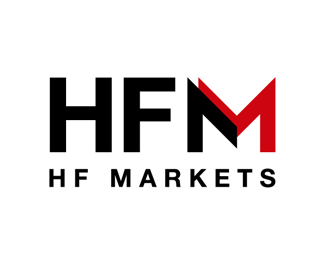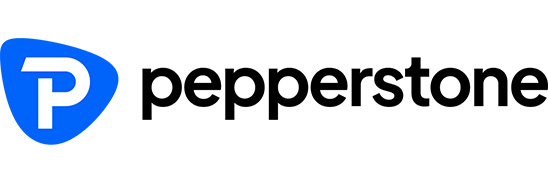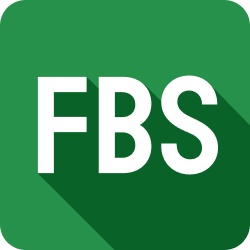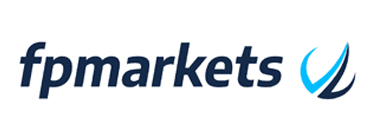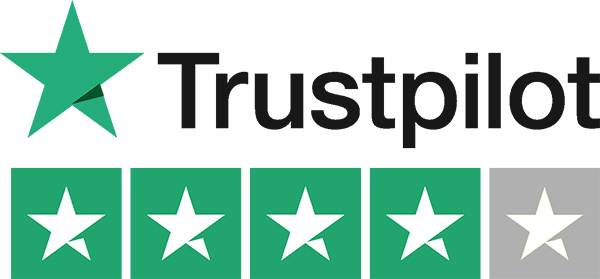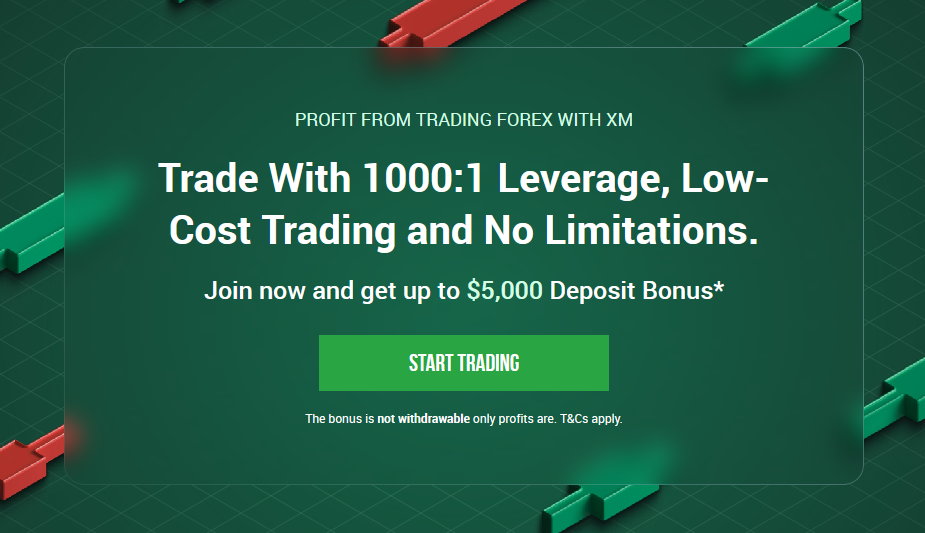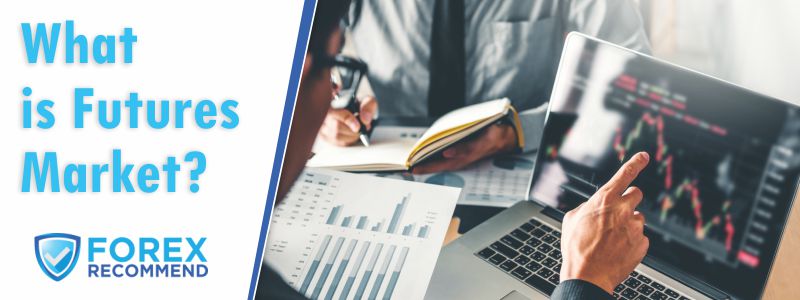
The simplest way to define the Futures Market is to consider it an auction where participants buy and sell commodities and futures contracts. During the transaction, parties agree on the delivery of the agreement on a specified date in the future.
Top 10 Forex Brokers
Broker
Rating
Regulators
Min Deposit
Leverage
Website
Top 10 Forex Brokers
Broker
Rating
Min Deposit
Leverage
What Are Futures?
Futures are exchange-traded derivatives contracts that have one main characteristic; they lock in the future delivery of a commodity or any other security at a price that is set on the day of the transaction.
A key characteristic of futures is that they are often leveraged products. When traders use leverage, it means that they do not need to put up 100% of the value amount of the contract when they enter the trade. Instead, the broker only requires an initial margin amount that consists of a small portion of the overall contract value.
Types of Futures
Futures, or future contracts, allow traders to lock the price in on an underlying asset or a specific commodity. Futures contracts have specific expiration dates along with predetermined prices that are known upfront.
Futures can be characterized and identified according to their expiration month. For example, a December wheat futures contract will expire in December.
Both traders and investors loosely use the term “futures” when referring to the overall asset class. However, there are many different types of futures contracts that are available for trading, including:
- Commodity futures such as crude oil, natural gas, corn, and wheat.
- Stock index futures such as those on the S&P 500 Index.
- Currency futures include the Euro and the British pound.
- Precious metal futures for silver as well as gold.
- United States Treasury futures that consist of bonds and other products.
Futures contracts are used by two different categories of market participants, namely hedgers and speculators. Producers or the purchasers of a specific underlying asset hedge, or guarantee, that the price of the commodity being sold will remain the same, while portfolio managers, as well as traders, can bet on the price movements of the underlying asset by using futures contacts.
How does the Futures Markets Work?
To understand what precisely the futures market is and how it works, it is first important to understand the basics that surround futures contracts, which are the assets that are traded in this type of financial market.
Futures contracts are made by both producers as well as suppliers of all types of commodities to avoid volatile market conditions. These producers, as well as suppliers, negotiate specific contracts with their chosen investor, with this investor agreeing to take the risk as well as the reward in the volatile market.
Futures markets are also known as futures exchanges, and this is where these financial products are both bought and sold. The participants agree on delivery at a predetermined date in the future, and the price is fixed at the time that the deal is made.
Futures markets are intended more for agricultural contracts that involve the buying, selling, and hedging of financial products in addition to future values of interest rates. Subsequently, futures contracts can be created if open interest is increased, and this makes it different from the process involved with other securities.
The size of the futures markets increases when the outlook of the stock market is uncertain. Futures markets are also larger than commodity markets, and they are a vital component of the overall financial system.
All future markets are registered with the Commodity Futures Trading Commission (CFTC), which is the main United States body that oversees regulating futures markets. Exchanges are typically regulated by the national regulatory body in the country where they are based.
A perfect and simple example of a futures market can be found below:
A coffee farm sells green coffee beans at $5 per kilogram to a coffee roaster. The coffee roaster sells the roasted coffee beans at $10 per kilogram, meaning that both are making a profit at this price, which means that both the coffee farm and the coffee roaster will keep these costs at a fixed rate.
These two participants are the buyer and seller in the transaction, and the investor that is involved agrees that if the overall price for coffee goes below a certain rate, they will pay the difference to the coffee farmer.
If the coffee price goes higher than a specific price, the investor is allowed to keep the profits. Where the coffee roaster is concerned, if the price of coffee rises above a certain rate, the investor must pay the difference, allowing the roaster to get the coffee at a more predictable rate.
If the price of green coffee is lower than the predetermined rate, the roaster must pay the same price, and the investor is granted the profit.
It is also important to note that the exchange where the futures contract trades will determine whether the specific contract is for the physical delivery of the asset or whether it can be cash-settled.
While many companies may enter a physical delivery contract so that they can hedge the price on a certain commodity that they need during their production process.
Despite this typical use for futures, many futures contracts are simply used by traders who wish to speculate on the trade, allowing them to earn profits. These specific contracts are closed-out or netted, which means that the difference in the initial trade and closing trade and is closed out with a cash settlement.
Advantages of the Futures Markets
Advantages of the futures markets include:
- Potential for speculation
- Hedging opportunities
- Smaller fees
In terms of speculation, futures contracts can be used by many retail investors who wish to speculate on the direction of the underlying asset’s price, giving them a chance to earn profits.
In terms of hedging, investors and companies can easily hedge the price of the raw materials or products that they sell, allowing them to protect themselves from any adverse and rapid price movements in the market.
In terms of smaller fees, future contracts are known to require a small deposit which is a fraction of the contract amount when trading futures through a regulated broker.
Disadvantages of the Futures Markets
- High risk
- Hedging
- Margin
In terms of the risks involved, investors are exposed to the risk that they could lose more than the initial margin amount as futures are leveraged products. Hedging also means that companies can miss out on more favorable price movements.
In terms of margin, it can be a double-edged sword which means that gains are amplified when using leverage, but so are the chances that loss can occur.
What is a Futures Contract?
A futures contract can simply be defined as a legal agreement for the purchase or sale of a certain commodity asset or a security. This is done according to a predetermined price, and the contract is settled at an agreed-upon time in the future.
An example to understand the mechanics of a futures contract is as follows:
An oil producer plans to produce one million barrels of oil within the next year, meaning that the barrels will be ready for delivery within 12 months. Assume that the current oil price is $80 per barrel.
The producer will proceed with the oil production and sell it at the current market price one year from the day that they started producing oil. Consider the volatility of oil prices and realize that the market price of $80 at the time could be different than the price 12 months after.
If the oil producer thinks that the oil price will be higher in a year, they may not opt to lock in a specific price beforehand. However, if they think that $80 is a reasonable price, they could lock a guaranteed sale price by entering a futures contract.
One of the most typically used mathematical models to price futures considers the current spot price, the risk-free rate of return, time to maturity, storage costs, dividends, dividend yields, and convenience yields.
If the one-year oil futures contracts are priced at $80 per barrel, and the oil producer enters a futures contract, within one year, the producer will be obligated to deliver one million barrels of oil, and they are guaranteed to receive $80 million.
The $80 per barrel will be received despite the changes in the prices of the spot market at the time of delivery, which means that the oil producer could make a profit if prices are lower, or they could have missed out on greater profits if the prices are higher.
Futures contracts are typically standardized for quality as well as quantity, and they facilitate trading on a futures exchange. The futures contract buyer takes the obligation to buy and subsequently receive the asset once the futures contract expires.
The seller of the futures contract takes the obligation to provide as well as deliver the underlying asset on the date that the futures contract expires.
Futures are financial derivative contracts that obligate the participants or parties to transact a specific asset at a future date and price that have been determined upfront. The buyer must purchase, and the seller must sell the underlying asset at the set price, regardless of what the current market price is at the date that the contract is set to expire.
The underlying assets that can be bought and sold will include physical commodities and several other financial instruments such as agricultural products, livestock, currencies, energies, and metals.
The futures contract will detail the quantity of the underlying asset, and these contracts are typically standardized to facilitate trading on a futures exchange.
Is the Futures Market Good for Beginners?
Futures trading is a type of trading on its own, and therefore it requires a separate path and training route than forex exchange, cryptocurrency, stock trading, or any other forms even though it can be done in these financial markets as well.
The futures market is good for beginners if they understand what the futures market is, how futures contracts work, and what the obligations and rules are of futures trading. There are many guides, books, tutorials, videos, and classes that can help beginners get started in futures trading, making it easier for them to understand the market better and make a success from trading futures.
What is the Difference Between the Spot Market and the Futures Market?
The key differences between the spot market and the futures market are:
- OTC versus centralisation
- Spread mark-up and commissions
- Prices are in USD
- Tick values
- Expiration dates
- Institutional positioning
Forex or the spot market is traded over-the-counter or OTC, which results in less trade transparency and introduces counterparty risks. Futures, on the other hand, are centralized and traded on an exchange. Futures exchanges require that all participants put up a performance bond that is followed by always maintaining margin, reducing the risk of counterparty default.
In terms of spread mark-up and commissions, the spot markets require that traders pay a commission or a spread mark-up on the bid and ask prices, which is added by the broker. There may also be an additional commission that is charged by some broker on top of the existing spread mark-up.
While trading in the futures market, the pricing is more straightforward than that of spot markets. Traders and investors are only required to pay a commission on the trade, determined by the futures brokerage house.
In terms of USD pricing, futures are all quoted in US dollars, whereas spot markets feature a more flexible array of currencies.
In terms of tick values, futures contracts can vary, whereas a standard contract in spot markets is more predictable, for instance, one lot is equal to 100,000 units in currency, and in this example, the tick size would be $10.
In terms of expiration dates, all futures, including currency futures contracts, have a contract expiration date. This means that if futures traders want to retain their position, they must roll over their contract to the next month.
However, in the spot markets, there are no contract expirations, and traders can easily buy and hold their positions without worrying about a predetermined expiration date.
In terms of institutional positioning, futures traders can see some information that is not typically available in the spot markets, such as weekly institutional positioning reports.
What is the Difference Between the Futures Market and the Forwards Market?
- Standardization
- Exchange-traded
- Regulation
- Counterparty risk
- Upfront costs
Standardization is one of the key differences between the futures market and the forwards market. Futures contracts are standardized because they are traded on futures exchanges. Forwards are similar because they lock in a future price in the present, but they are traded over-the-counter (OTC) instead, and they have customizable terms that are decided between the participants.
Futures contracts, unlike forwards, will always have the same terms despite who the counterparty is.
In terms of exchange-traded futures, contracts are traded on exchanges that have more liquidity, while with a forward contract, the buyer and seller privately determine the terms of the contract, and there is no need for an exchange and no price transparency outside these participants.
In terms of regulation, the Commodities and Futures Trading Commission regulates futures exchanges, ensuring transparency. With forward contracts, there are no exchange regulations as they trade OTC.
In terms of counterparty risk, when trading futures, the exchange takes the counterparty risk, and there is a performance bond or initial margin that is required by the buyer and the seller of the futures contract.
Where forward contracts are concerned, there is a significant level of counterparty risk, and even though both parties agree to the terms of the forward contract, there are still ways to default and break the arrangement.
In terms of upfront costs, futures contracts have some costs depending on the exchange and/or the broker firm, with a performance bond and maintenance margin required before trades can be executed. While with a forward contract, there are no upfront costs.
Table of Contents




